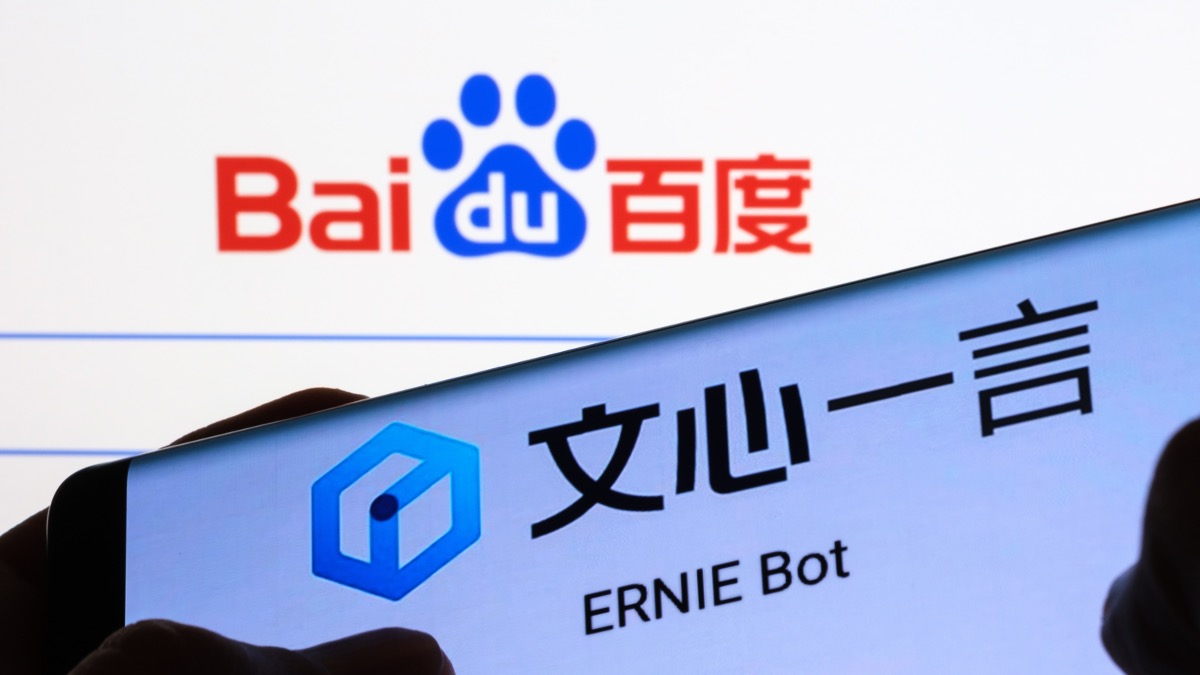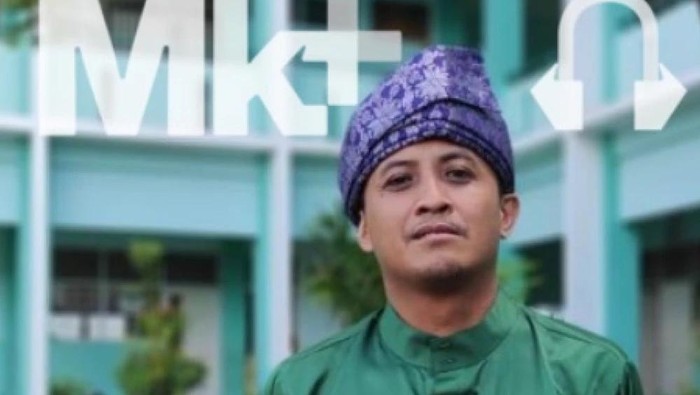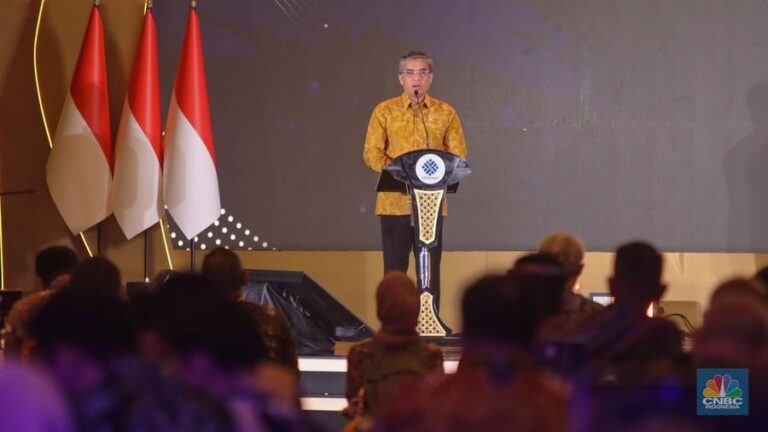Hong Kong — The artificial intelligence landscape is undergoing a dramatic shift as major industry players reposition themselves in response to the disruptive rise of new competitors. Chinese tech giant Baidu and U.S.-based OpenAI have both announced significant changes to their chatbot services, a move that signals an intensifying race for AI supremacy. The latest developments come as DeepSeek, a fast-growing AI startup, gains global attention with its high-performance models that rival leading AI technologies from the United States while operating at a fraction of the cost.
Baidu, long recognized as China’s leading search engine provider, made headlines on Thursday with an announcement on WeChat stating that its flagship AI chatbot, Ernie Bot, would be made freely available to all users starting April 1. The company also revealed that premium functionalities such as AI painting will now be accessible without charge on both desktop and mobile platforms. This strategic decision marks a significant pivot for Baidu, which had previously relied on a tiered pricing structure for its advanced AI features. By eliminating financial barriers, Baidu aims to expand its user base and cement its standing as a dominant force in the global AI industry.
Just hours before Baidu’s statement, OpenAI CEO Sam Altman took to X (formerly Twitter) to announce that the company’s newest AI model, GPT-5, would be available to ChatGPT users at no cost. While paying subscribers will continue to enjoy exclusive access to enhanced intelligence and premium functionalities, the move to offer GPT-5 freely represents a major shift in OpenAI’s accessibility strategy. The timing of Altman’s announcement, coming in close proximity to Baidu’s declaration, underscores the heightened competition between industry leaders as they respond to evolving market dynamics.
On Friday, Baidu doubled down on its AI ambitions with a follow-up announcement stating that it plans to release a next-generation version of its AI model by the end of June. In a groundbreaking move, the company confirmed that this forthcoming iteration will be open-source for the first time—a departure from its previous proprietary approach. This decision aligns Baidu with the open-access model pioneered by DeepSeek, whose AI models have gained traction for their transparent and accessible framework. Furthermore, Baidu disclosed that Ernie Bot’s Deep Search function, which enhances reasoning capabilities and delivers expert-level responses, will also be provided free of charge starting in April.
The rapid succession of announcements from Baidu and OpenAI highlights the mounting pressure established AI firms face as emerging competitors disrupt the market. DeepSeek, a relative newcomer to the AI scene, has quickly gained recognition with its R1 model, which has demonstrated performance on par with industry heavyweights while operating at significantly lower costs. The Chinese startup’s advancements have sent shockwaves through the AI sector, prompting legacy companies to reassess their strategies and offerings.
The market’s response to Baidu’s announcement was immediate. The company’s Hong Kong-listed stock surged by as much as 12% on Thursday before stabilizing at approximately 95 Hong Kong dollars ($12.20) per share on Friday. As a key component of the Hang Seng China Enterprises Index, Baidu’s performance has contributed to the index’s impressive 20% growth since January.
The AI boom that began with OpenAI’s launch of ChatGPT in late 2022 has transformed the technological landscape, compelling Chinese firms to accelerate their efforts in developing homegrown alternatives. Baidu was among the first major Chinese companies to introduce its own generative AI model, releasing Ernie Bot within four months of ChatGPT’s debut. The move positioned Baidu ahead of other industry giants such as Tencent and Alibaba in the AI arms race.
However, Baidu’s dominance has been challenged by newer entrants, particularly ByteDance, whose Doubao chatbot has surpassed Ernie Bot in user engagement and popularity. Compounding the competition, Alibaba recently announced a partnership with Apple to integrate AI functionalities into the Chinese market, reportedly selecting Alibaba’s AI services over Baidu’s after considering multiple contenders.
While Baidu and OpenAI continue to refine their AI offerings, a new wave of startups is reshaping the competitive landscape. Companies like DeepSeek and Moonshot AI have emerged as formidable challengers, leveraging their agility and innovation to disrupt the status quo. Beijing-based Moonshot AI made its debut in late 2023 with Kimi, a ChatGPT alternative that quickly gained traction. By January, Kimi had become the third most-used AI chatbot in China, trailing only behind DeepSeek and Doubao, according to AI tracking platform aircpb.com.
Another rising star in China’s AI sector is Zhipu AI, a startup that originated from Tsinghua University, one of China’s top academic institutions. Backed by major players such as Tencent and Alibaba, Zhipu AI has deep ties to the Chinese government. However, its rapid growth has also attracted scrutiny from the United States. In January, the U.S. Commerce Department placed Zhipu AI on its Entity List, alleging that the company was providing support to the Chinese military, a claim the company has denied.
As the AI industry continues to evolve, the emphasis on accessibility has become a defining trend. OpenAI’s ChatGPT initially launched as a free service before introducing premium subscription plans. Baidu followed a similar trajectory, launching its AI services with a free tier before implementing paid options for premium features in 2023. Subscription fees for Ernie Bot’s advanced functions, including text-to-image generation, previously reached up to 59.9 yuan ($8.20) per month. Despite growing competition, Baidu’s Ernie Bot has amassed an impressive 430 million users as of November 2024.
With AI technology advancing at an unprecedented pace, Baidu’s decision to offer its chatbot for free, OpenAI’s commitment to democratizing GPT-5 access, and the disruptive impact of startups like DeepSeek and Moonshot AI indicate that the race for AI dominance is only beginning. As companies continue to adapt to shifting market dynamics, the coming months will be pivotal in determining which players will shape the future of artificial intelligence.









